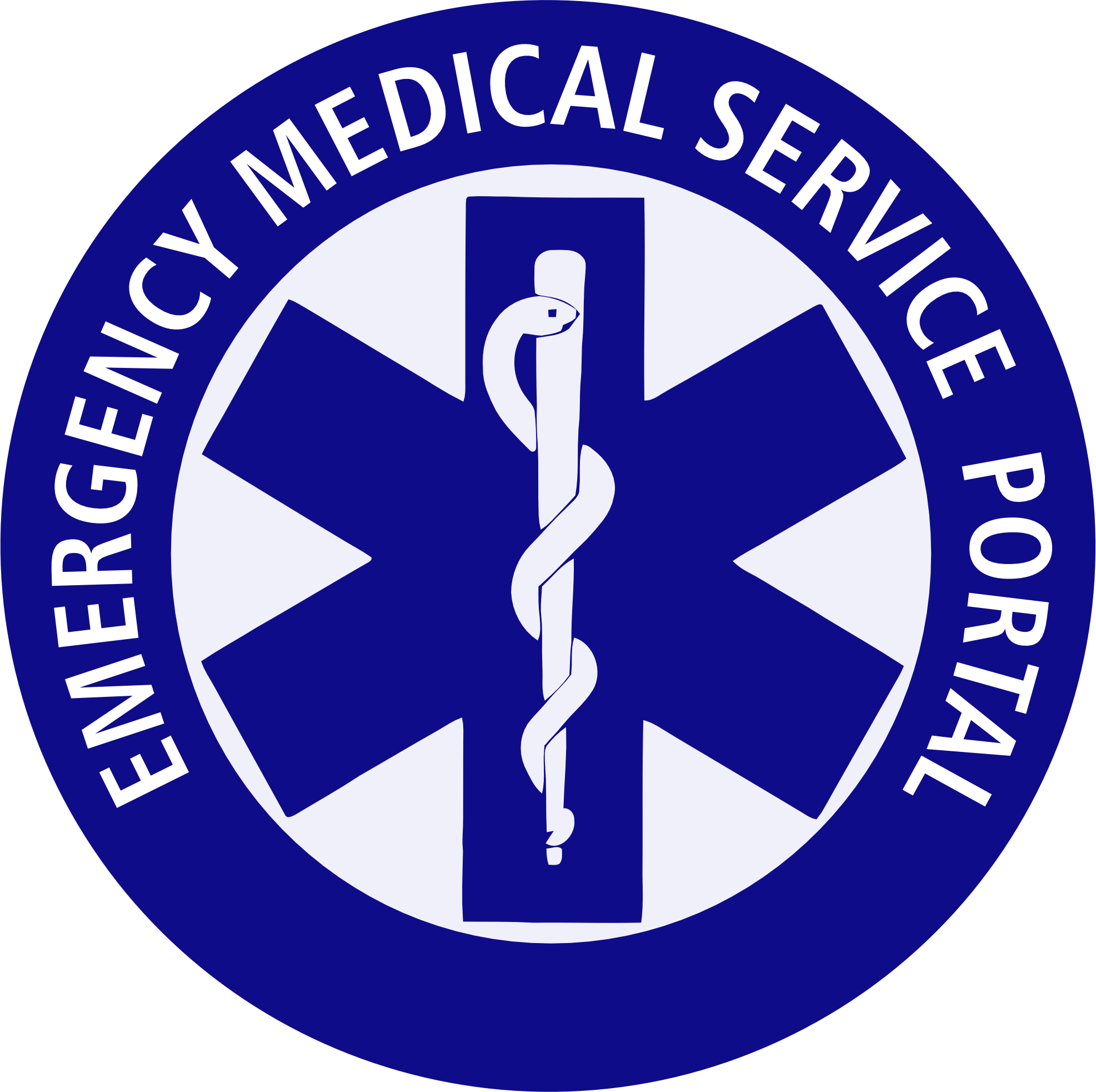Shock is an acute and potentially life-threatening disorder. Shock is inadequate or ineffective tissue perfusion that results in organ dysfunction due to insufficient oxygen and nutrient supply and the accumulation of metabolic byproducts.
Shock is a serious condition that occurs when the body doesn’t receive enough oxygen and nutrients to function normally. There are several different types of shock, and here I’ll provide you with a general overview of shock and its basic classifications:
In general, shock can result from reduced blood flow through the body or issues with blood distribution within the body, leading to a lack of oxygen and nutrients in vital organs, including the heart, brain, kidneys, and lungs.
Shock is typically divided into several primary categories, including:
- Distributive shock: This type of shock occurs when blood vessels dilate and lose tone, resulting in a decrease in blood pressure. The most common form of distributive shock is anaphylactic shock, which occurs as an allergic reaction to substances like insect stings or certain medications. Another form of distributive shock is septic shock, which is caused by a severe infection and the spread of toxins throughout the body.
- Cardiogenic shock: This type of shock occurs when the heart is unable to efficiently pump blood throughout the body. It can result from a heart attack, severe arrhythmias, heart failure, or other cardiac issues.
- Hypovolemic shock: This type of shock results from a decrease in the overall volume of blood in the body, which can be due to bleeding, dehydration, or fluid loss from injuries or illness.
- Obstructive shock: This type of shock occurs when there is a physical barrier that impedes the normal flow of blood in the body. For instance, blockage within the heart, such as a pulmonary embolism, can cause this type of shock.
Shock symptoms include low blood pressure, rapid pulse, increased respiration, pale skin, cold sweats, confusion, and general weakness. Shock is a critical condition that requires immediate medical intervention. Treatment depends on the type of shock but typically involves supporting blood pressure, stabilizing vital functions, and addressing the underlying cause of shock.
It’s essential to note that shock can be a potentially life-threatening condition and requires a prompt response and treatment by medical professionals.



0 Comments